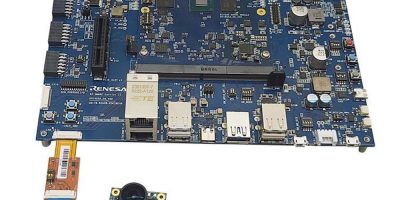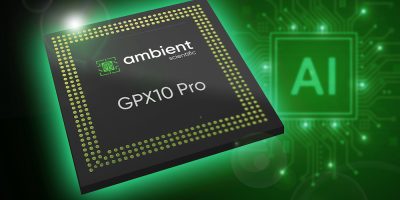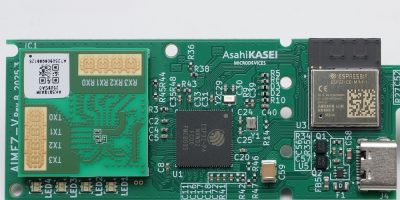e-con Systems has announced camera support for Renesas’ latest RZ/G3E microprocessor, strengthening its partnership with Renesas in powering next-generation embedded vision applications such as industrial automation, smart city, automotive and more. Building on their integration with Renesas’ RZ/V2N and RZ/V2H processors, e-con Systems now brings its production-ready camera modules to the newly launched RZ/G3E microprocessor.
The RZ/G3E microprocessor, part of Renesas’ scalable MPU portfolio, is engineered for low-power edge computing and advanced graphics-rich and vision-based applications, offering dual-display support, secure connectivity, and a high-performance Arm Cortex-A55 processor.
As part of its RZ/G3E-compatible offerings, e-con Systems provides:
• e-CAM22_CURZH – Full HD ultra-low light colour camera with Sony STARVIS IMX462 sensor. This camera excels in capturing high-quality images in challenging lighting conditions.
• e-CAM25_CURZH – Full HD Global Shutter camera with onsemi AR0234 sensor. Its global shutter capability, combined with a 120 fps frame rate, minimises frame-to-frame distortion, ensures distortion-free imaging for fast-moving objects.
Both cameras are equipped with a built-in ISP (Image Signal Processor), fully aligned with Renesas’ integration requirements for RZ/G3E. These modules are compatible with the RZ/G3E evaluation kit, and they are available for immediate evaluation.
“The Renesas RZ/G3E MPU’s advanced edge computing and low-power features align perfectly with our camera technology, enabling developers to build reliable and high-quality AI vision systems that operate efficiently even in demanding scenarios. Our collaboration with Renesas continues to drive innovation across industrial automation, robotics, and smart surveillance markets.” said Suresh Madhu, Head of Industrial Business Unit at e-con Systems.
“The Renesas RZ/GE is developed to target intelligent edge computing integrated with full graphics and high-speed capabilities including an Arm Ethos-U55 neural processing unit,” said Daryl Khoo, Vice President, Embedded Processing Product Group at Renesas. “We expected this collaboration with e-Con will help customers in the Vision AI market to simplify their design in order to realize faster time to market.”







